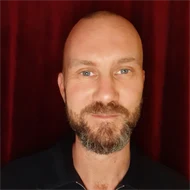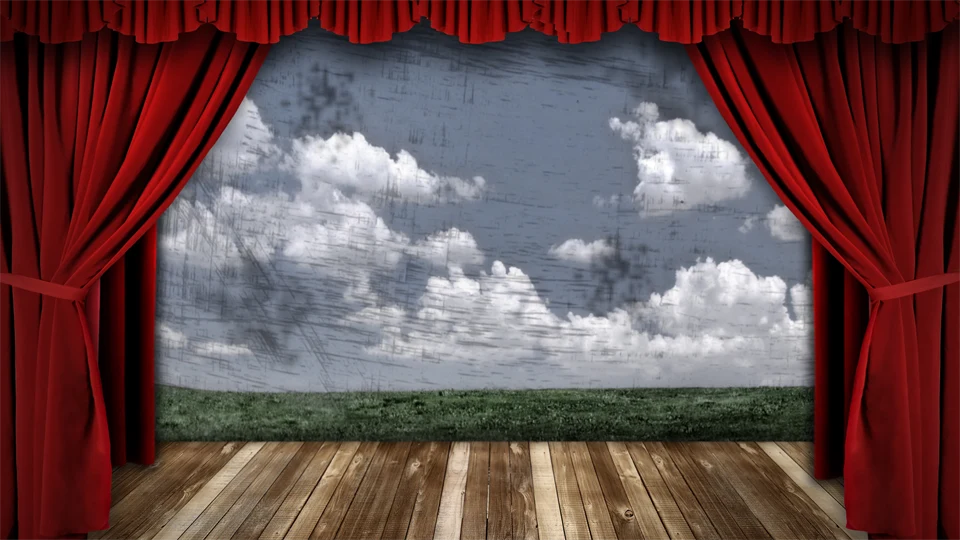Fostering sustainable behaviours though performing arts
This project is the opening of a long-term collaboration between Mid Sweden University, Malmö Theatre Academy and other actors whose purpose is to examine performing arts methods that can foster more sustainable behaviour in individuals or structural changes in organizations including authorities.
The Earth's average temperature is today 1.1 degrees higher than it was before the industrial revolution and for every decade it increases by 0.2 degrees. According to the UN climate panel IPCC, an increase of two degrees would entail unacceptable suffering and economic hardship for a great share of the global population. The Paris Agreement, which was signed by almost all the world's countries, stipulates that we must keep the temperature increase below two degrees by a good margin. Despite that, we continue to emit greenhouse gases at a rate that will lead to a significantly higher increase in temperature. There is no scientific evidence that our society as we know it can be sustained at three degrees of temperature increase. Why aren’t extensive changes that we know are needed for us to achieve the global sustainability goals happening? Today, the scientific community has good knowledge of what causes global warming and how we can reduce our negative impact on the planet. How can we translate that knowledge into action?
This research/communication project focuses on knowledge transfer. Transfer of knowledge between different research disciplines through seminars and lectures as well as knowledge transfer, as part of the third task, through the creation of different types of artistic works. The aim is to develop new scenic storytelling formats to take on the social and political challenges of our time.
We mainly look at three media for knowledge transfer:
- Performance lecture
- Gamification
- XR technology
These media are tools to make us humans reflect on issues such as:
- How does the way we eat, shop, travel, invest money, vote, get involved affect the future of our planet?
- What is needed to create societal change?
- What individual and structural barriers exist?
- How can we get past these obstacles?
We humans can shape our history in a way that no other animal can. How we harness that power is up to us. The project addresses target groups with different types of influence; from policymakers with structural change power to citizens with less political power. The flow of knowledge between us and the target groups is bidirectional and we are particularly interested in collecting data on obstacles that make behavioural changes difficult.
Facts
Project period
230301-230731
Partners
Project leader

Project members


